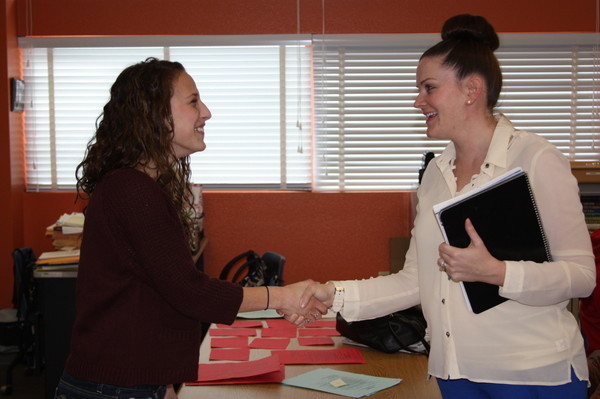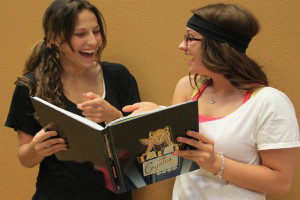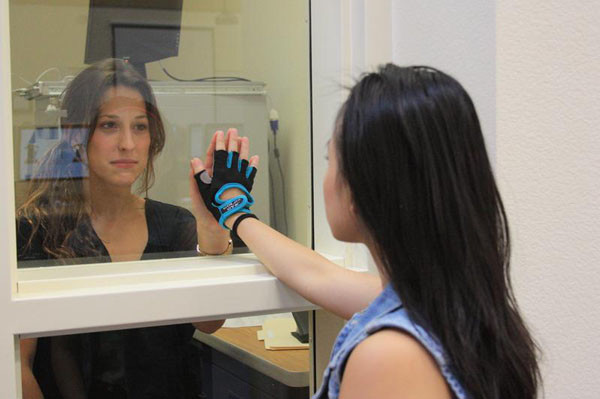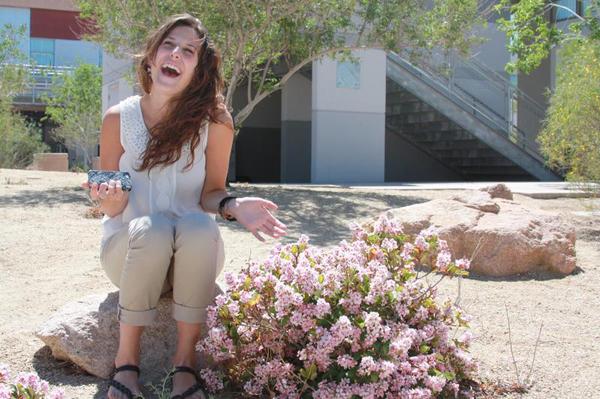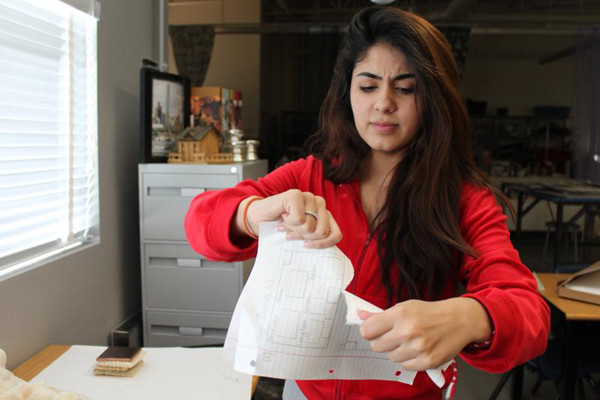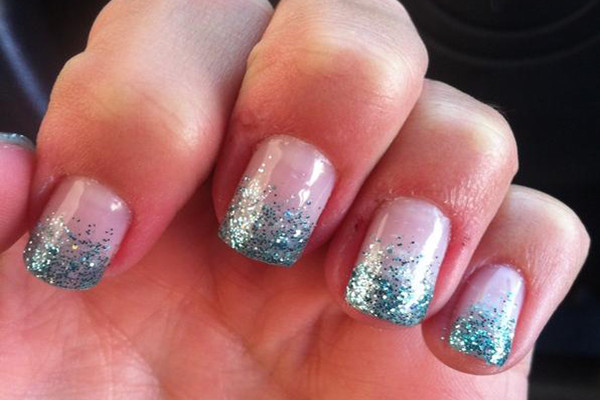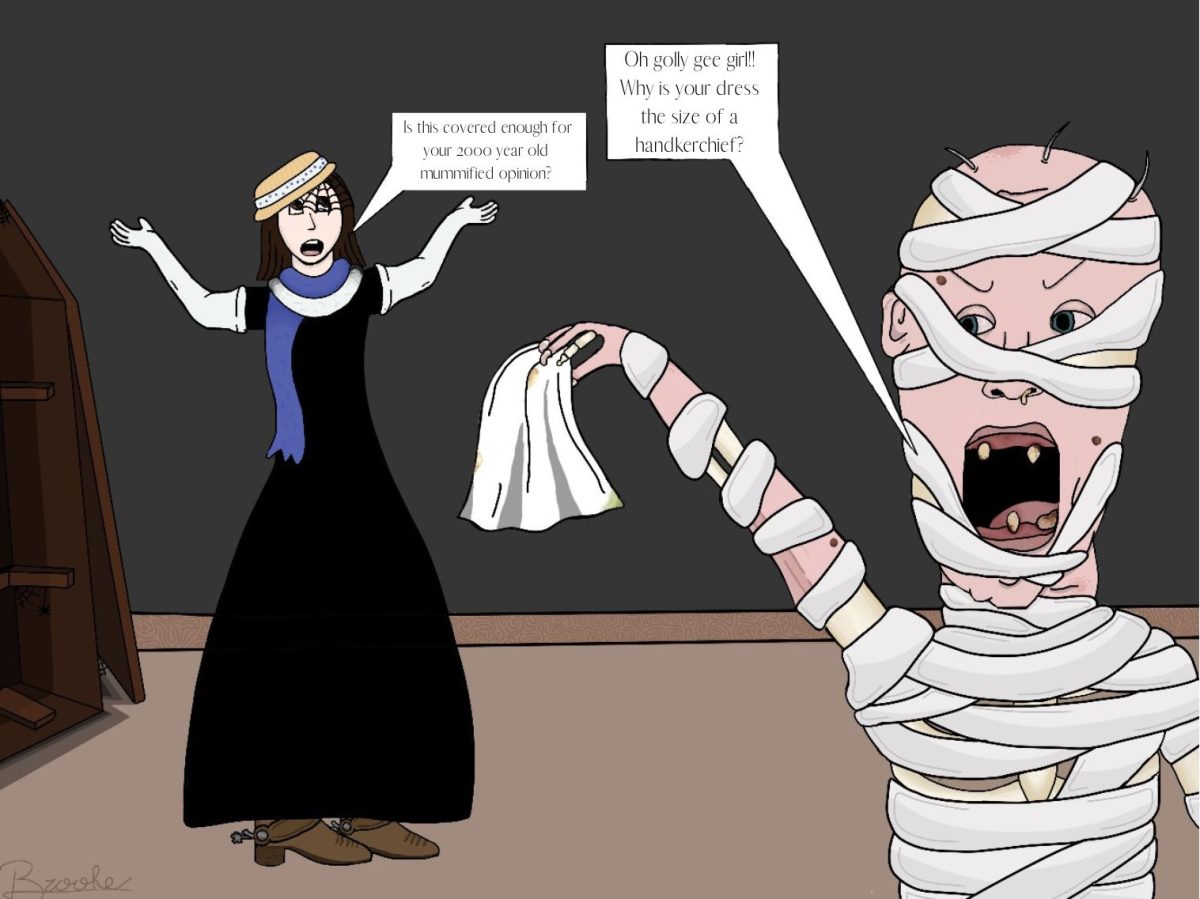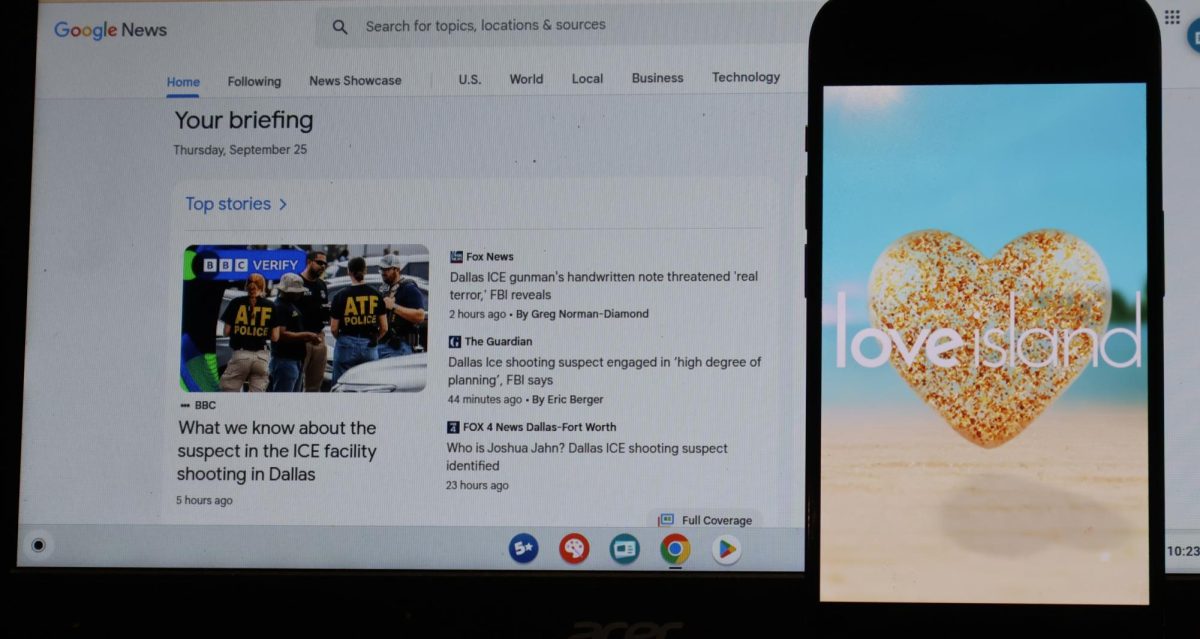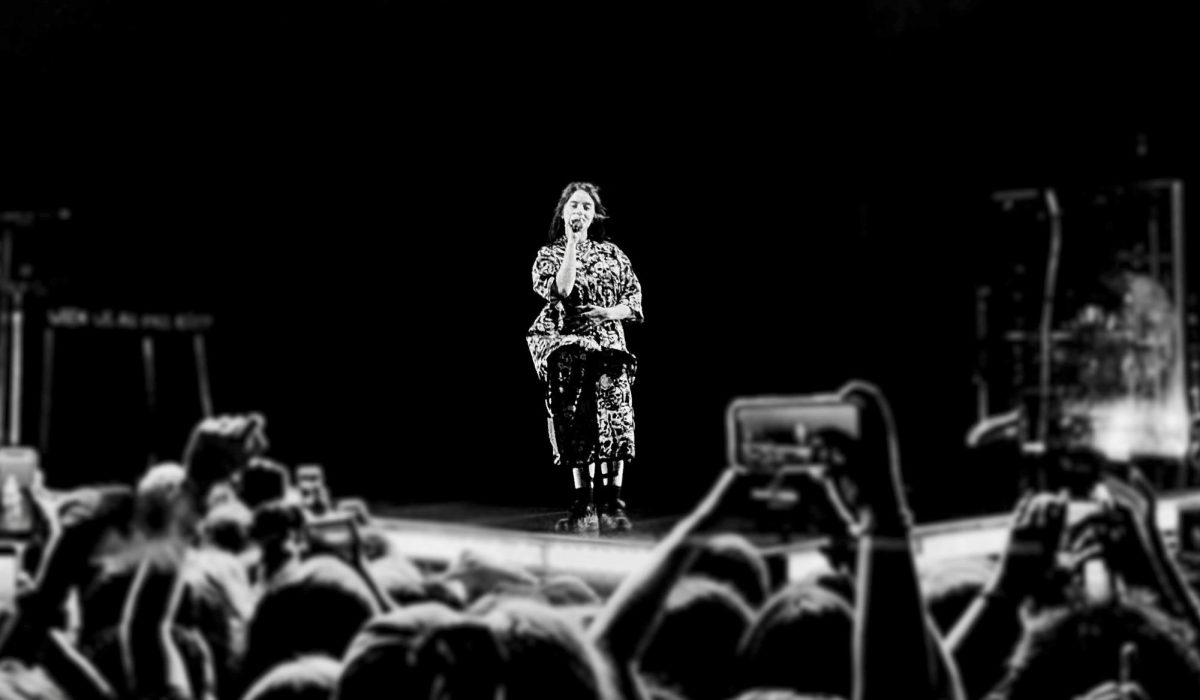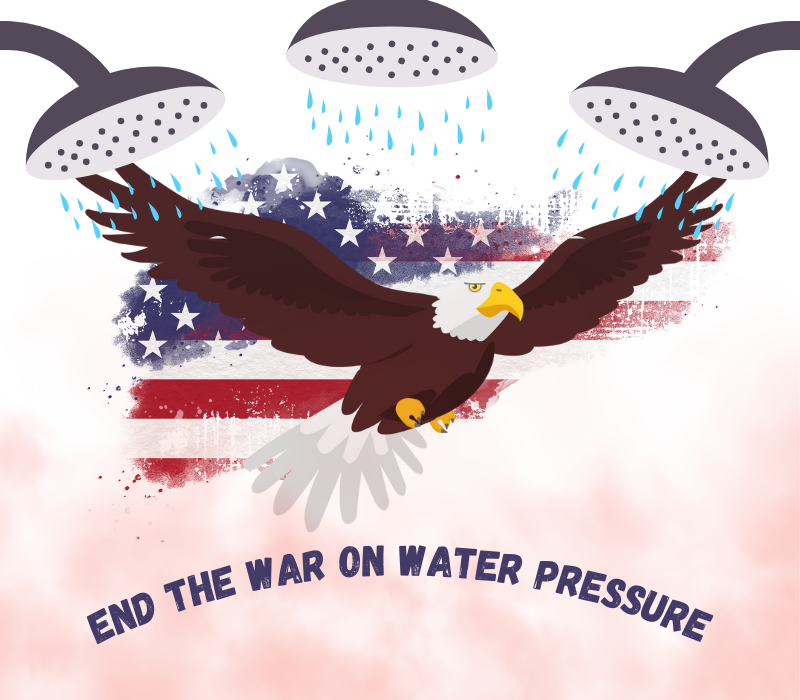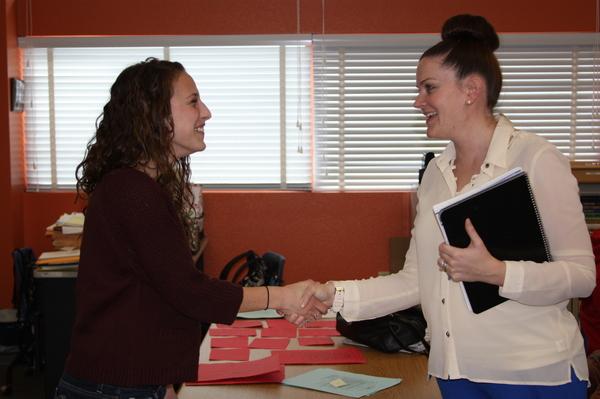
Photo Credit: Jordan Sutton
As our parents are yelling at us about not cleaning our room, we may be darting our eyes across the room, up at the ceiling, or down at the floor. When we are young, we have not yet learned what it takes to be a polite and respectable person. We are still learning the “in’s and out’s” and how it affects the way others respond to us. Perhaps by making eye contact, you can establish a sense of understanding on their part; they know that you are listening and that you are concerned with the matter.
In many cultures, making eye contact can be considered as disrespectful. In Western culture, eye contact is deemed as being attentive and honest with the person you are conversing with. For example, I was raised knowing to look people in the eyes while talking to them. But, in some Hispanic, Asian, Middle Eastern, and Native American cultures, eye contact is considered rude and impolite.
My brother was telling me about his class the other day and one of his fellow classmates was discussing her assignment with the teacher. The teacher was trying to tell her what to fix and giving her examples of how to improve, but his classmate was not making eye contact with the teacher. Instead, she was staring across the table, giggling with her friend. While he was telling me this, I thought about how disrespectful this was to the teacher. The least you can do is engage in the conversation by making eye contact with the person talking to you, especially if they are helping you.
I may be making this sound easier than it actually is. For some strange reason, holding eye contact with another individual is difficult for some more than others. They feel overwhelmed and self-conscious in such close contact with someone else, even more so if they are being disciplined. I feel as if it is important to learn the simple task of directly looking at a person if they are talking to you, despite whether or not you feel comfortable while doing so.
Making eye contact with another individual may seem like an irrelevant and minute trait to have, but it is important in the real world. An employer will definitely find a potential employee that makes eye contact and converses professionally more suitable for a job than someone who seems distracted or uninterested in the conversation. By engaging in something as simple as this, it has the capability to benefit your communication skills in the long run. Mastering this skill, will open more doors for young adults and gain respect and appreciation from elders and various adult figures.

